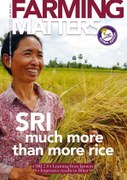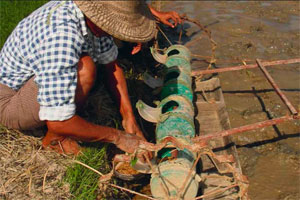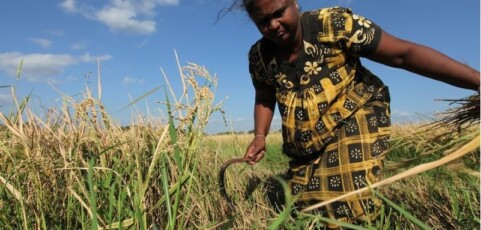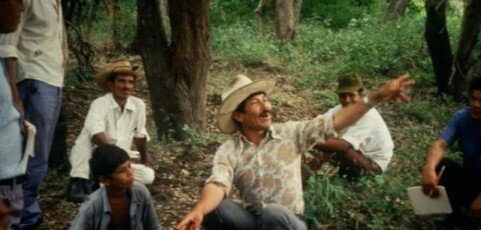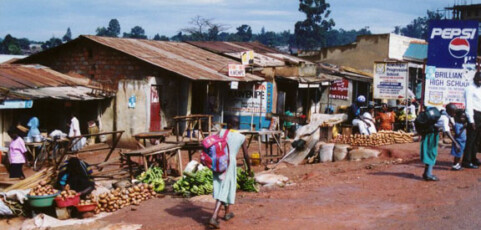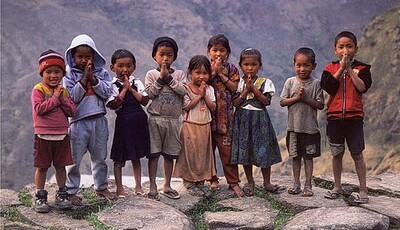However we look at it, the System of Rice Intensification, or SRI, is a major success story. While researchers are still debating its relevance, more and more people are getting to know about it, and more and more farmers are harvesting the results.
Adoption and adaptation
Between 2004 and 2010, the Groupe de Recherche et d’Echanges Technologiques (GRET) supported the introduction and dissemination of SRI in Myanmar’s Northern Rakhine State, as part of a series of projects aiming at ensuring food security. Read more
Tipping the Balance: Policies to shape agricultural investments and markets in favour of small-scale farmers
A recent wave of large-scale land acquisitions and other commercial investment in agriculture has raised concerns that small-scale producers are being marginalized. This report takes a new look at the role of public policy and market governance in ensuring inclusive sustainable development. It also foucses on elements that can contribute to gender-equitable results. Four country case studies, conducted in Guatemala, Nigeria, Tanzania and the Philippines supports this work.
Measuring farmer’s agroecological resistance in the wake of Hurricane Mitch
This study, published in 2001 by IIED, is the outcome of a participatory action research carried out in cooperation with the Campesino a Campesino, a farmer-led sustainable agriculture movement in Latin America. It compares the sustainability of conventional to agroecological farms after Hurricane Mitch, covering 360 communities of smallholders from southern Nicaragua to eastern Guatemala.
Conservation agriculture: a Uganda case study
This case study presents the status of conservation agriculture in Uganda. It is one in a series of eight case studies about conservation agriculture in Africa, which were developed within the framework of a collaboration between CIRAD French Agricultural Research Centre for International Development,FAO (Food and Agriculture Organization of the United Nations), RELMA-in-ICRAF (Regional Land Management Unit of the World Agroforestry Centre)and ACT (African
Conservation Tillage Network)
Improving Food Security for Vulnerable Communities in Nepal
For families living in Nepal’s remote highland regions, chronic food insecurity and hunger are part of daily life. Their own agricultural production is low; imported food is expensive; and as men migrate to find work elsewhere, women are left to manage farms and households alone. Climate change is making the situation worse.
This case study explores the reasons why Nepal is so vulnerable to food insecurity, and describes what Oxfam and its partners are doing to help improve food security for women and men living in remote parts of highland Nepal. It explores some of the innovative program activities that have been developed with these communities.

